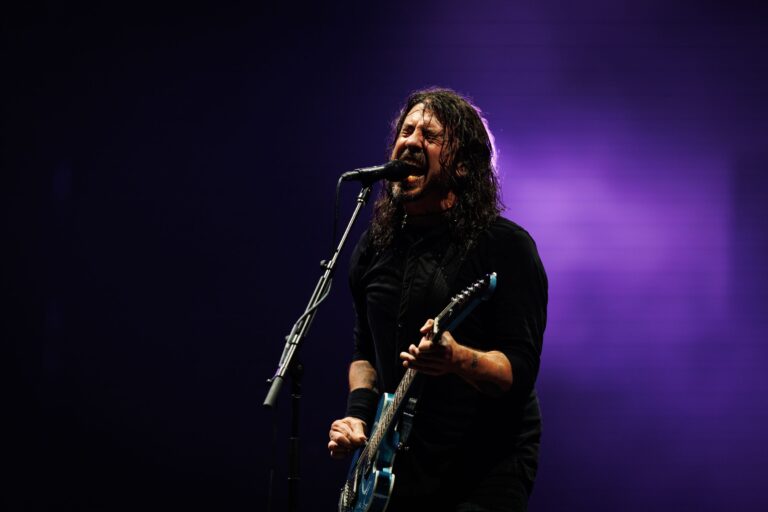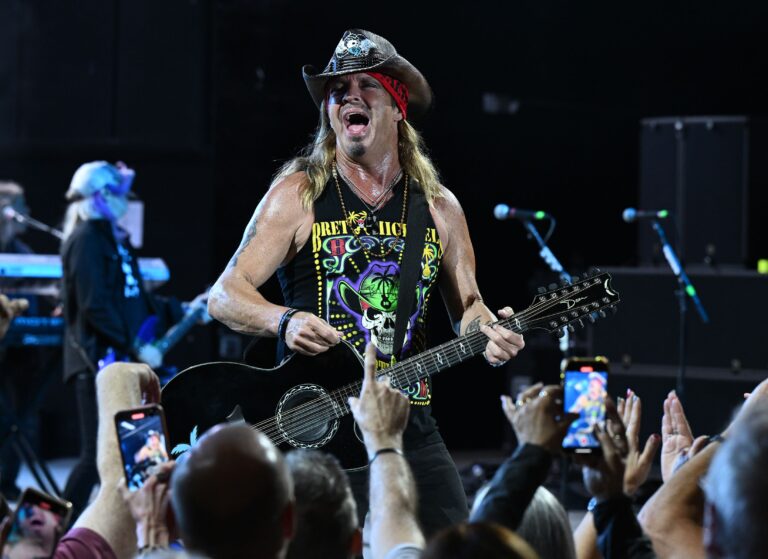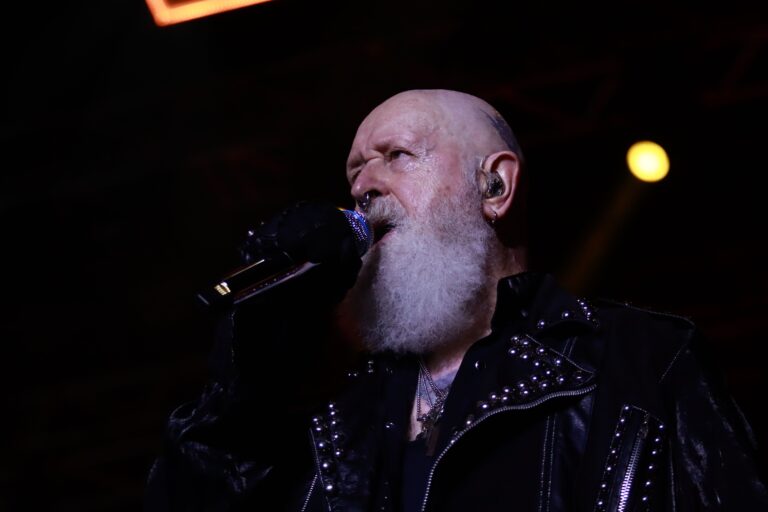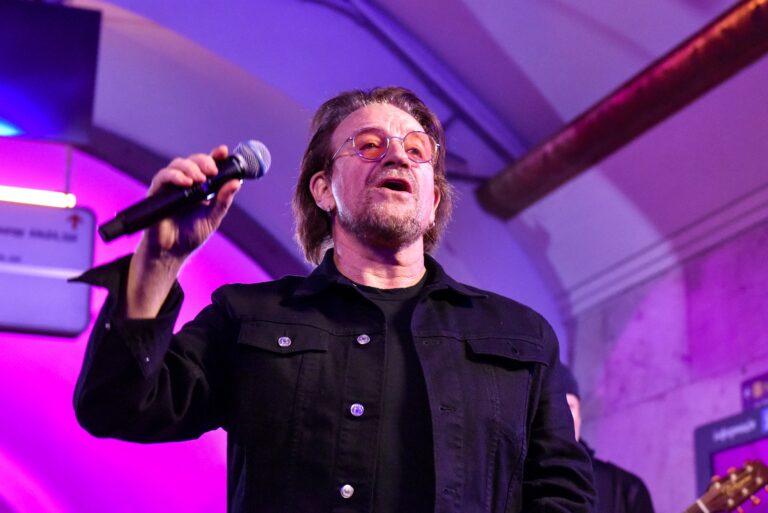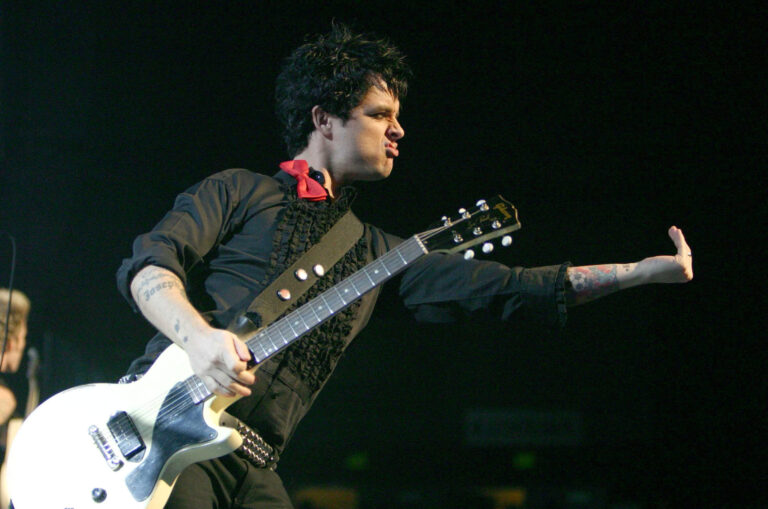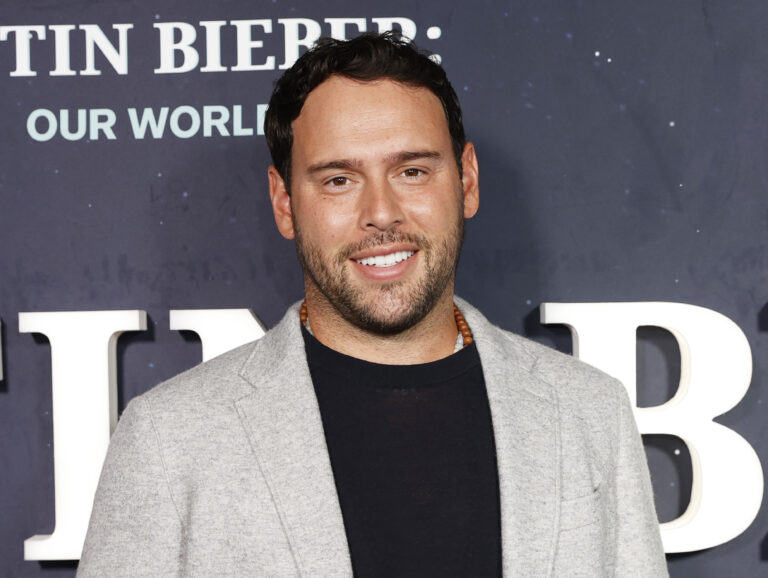
Original BeeGee’s Drummer, Colin Petersen, Dead at 78

Colin Petersen, the original drummer of the legendary band Bee Gees, has died at the age of 78, marking the end of an era for the iconic group that dominated the soundscape of the 60s and 70s. Petersen's contribution to the band's early success is undeniable, having played on seminal tracks like “To Love Somebody,” “Massachusetts,” and “Words.” His rhythmic foundations were pivotal in propelling the Bee Gees to international stardom during a transformative period for the band.
Petersen's journey with the Bee Gees began in the mid-1960s when he met the Gibb brothers in Australia. A child actor by training, his skills caught the attention of Barry, Maurice, and Robin Gibb as they sought to form their definitive group lineup. Petersen's acting role in the 1955 film “Smiley” earned him his enduring nickname and showcased his early artistic talents. By 1966, he was an integral part of the Bee Gees, cementing his place in music history with his contributions to landmark albums like “Bee Gees’ 1st” and “Horizontal.”
While Petersen's time with the Bee Gees was shorter-lived than expected—he left the band in 1969 due to managerial disputes—his influence continued. He briefly formed the band Humpy Bong with Jonathan Kelly, although they never reached the same heights as the Bee Gees. In later years, Petersen remained connected to the Bee Gees legacy, often playing in tribute shows, which allowed him to connect with fans who grew up with the band's music.
The recent months have been somber for Bee Gees fans, as not only did Petersen pass away, but another notable Bee Gees drummer, Dennis Bryon, died just four days before him. Bryon was known for his work with the Bee Gees during their disco heyday, particularly on the “Saturday Night Fever” soundtrack that shaped the sound of a generation. The loss of both drummers within days is a solemn reminder of the fragility of life and the immense impact these musicians had on the world through their craft.
Both Petersen and Bryon are celebrated for their distinctive styles and contributions, capturing the creative pulse of different eras in the Bee Gees’ expansive career. Petersen's work is often characterized by its straightforward yet innovative approach to drumming, reflecting his philosophy that simplicity can often be more impactful than technical complexity. It was this ethos that helped define the sound of the early Bee Gees, a fresh and poignant contrast to the more technically intricate stylings emerging in popular music at the time.
Despite these professional triumphs, Petersen's departure from the Bee Gees in 1969 was not without its challenges. Disagreements with the band's then-manager, Robert Stigwood, regarding the distribution of profits led to a rift that could not be healed, prompting Petersen's exit from the group. Post-Bee Gees, Petersen returned to Australia where he focused on family and took on roles in production and management within the music industry.
In his later years, Petersen joined the tribute band Best of the Bee Gees, where he found a new form of expression and connection through the music that had initially catapulted him to fame. His performances with the tribute band allowed him to engage with a devoted audience, ensuring the legacy of the Bee Gees remained alive and resonant.
Key Takeaways
-
www.theguardian.com | Colin Petersen, the original drummer for the Bee Gees, passed away at the age of 78.
-
www.theguardian.com | Petersen joined the Bee Gees in 1966 and was a key figure in the band's early success, contributing to hits like 'To Love Somebody' and 'I Started a Joke'.
-
www.theguardian.com | Dennis Byron, another drummer for the Bee Gees during their peak, also passed away shortly after Petersen.
-
www.foxnews.com | Before joining the Bee Gees, Petersen gained fame as a child actor in Australia, notably starring in the film 'Smiley'.
-
www.foxnews.com | Petersen's contributions were significant on the 'Bee Gees 1st', 'Horizontal', 'Idea', and 'Odessa' albums.
-
www.foxnews.com | Barry Gibb is now the last living original member of the Bee Gees following the deaths of Petersen, Maurice, and Robin Gibb.






